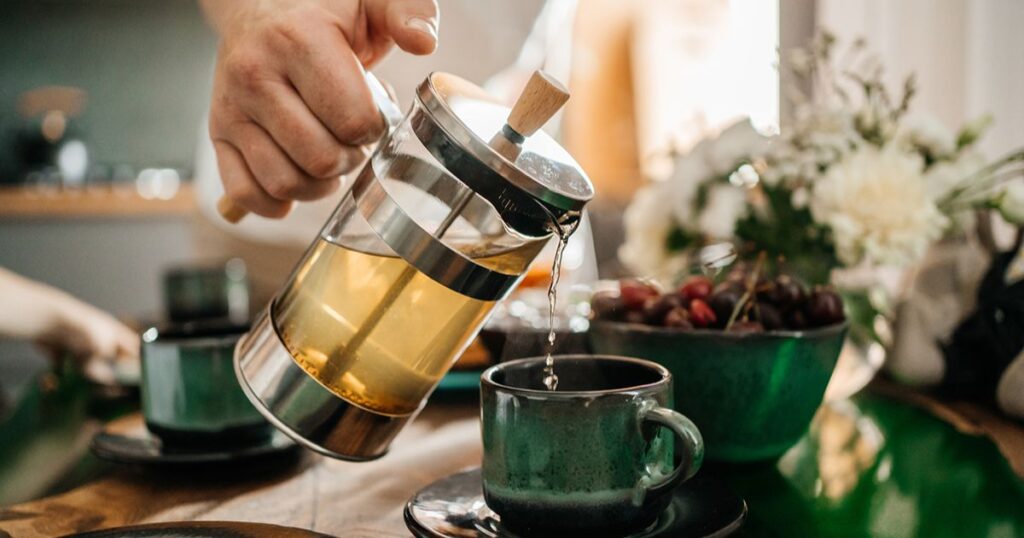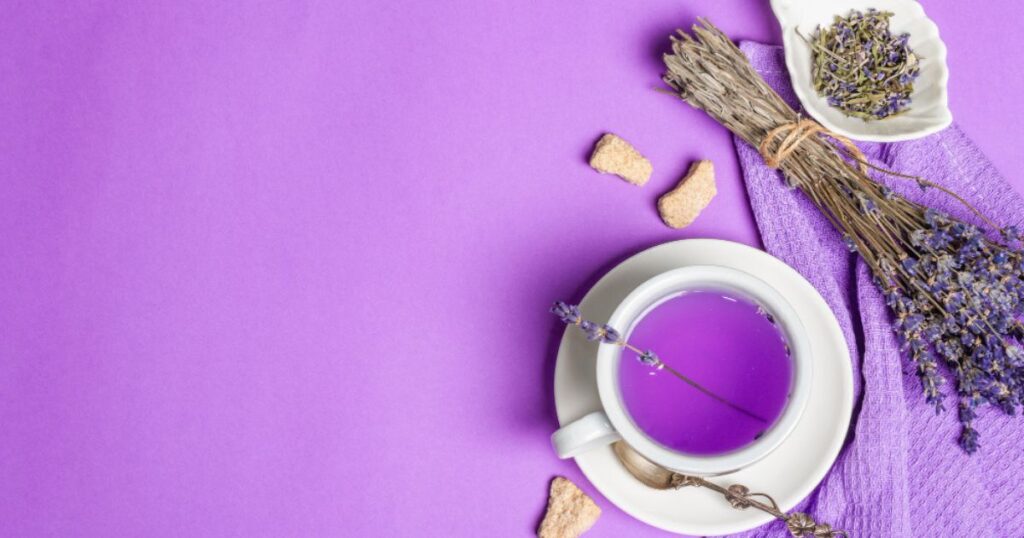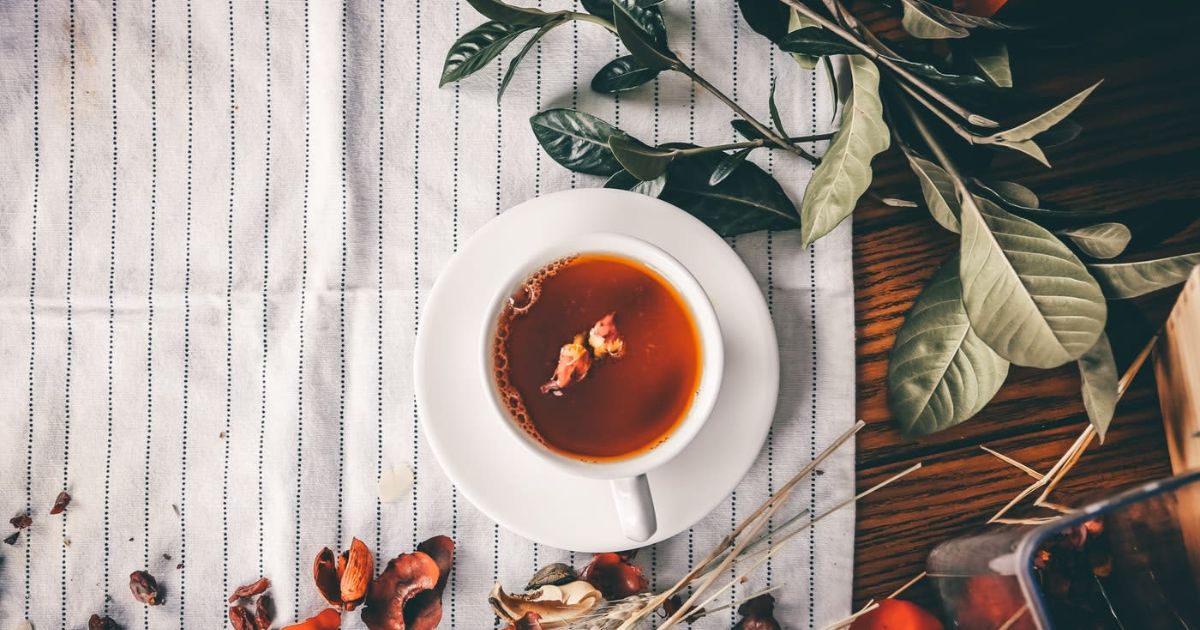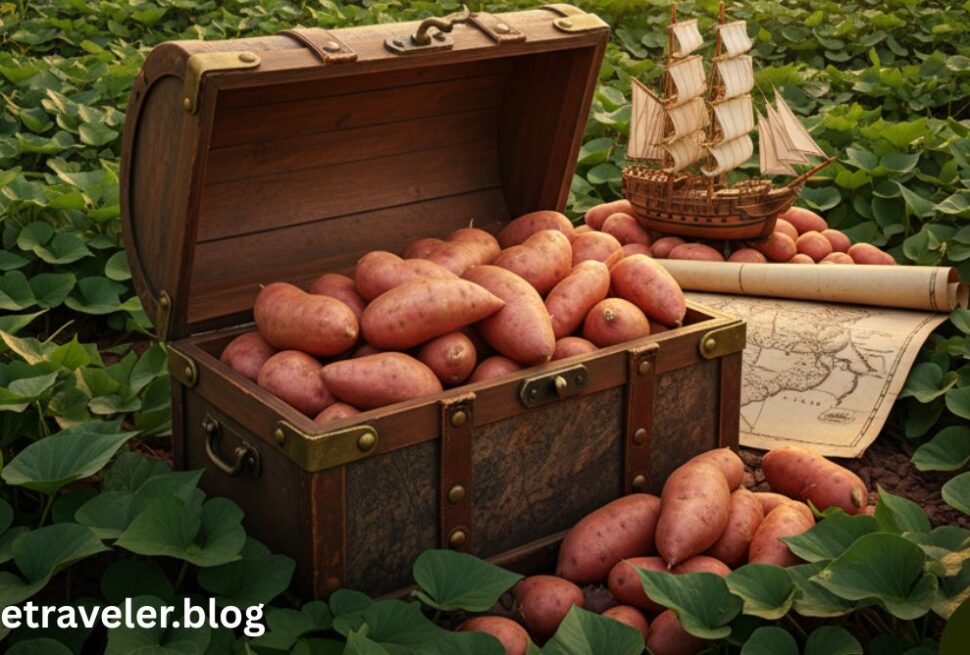Introduction
Tea is among the most widely consumed beverages in the world. From the calming chamomile to the energizing black or green varieties, tea has become a staple in daily routines across cultures and countries. However, one question frequently arises: does tea keep you awake? While many reach for coffee to jump-start their mornings, tea offers a gentler caffeine boost. But is it enough to disrupt your sleep, especially if consumed in the evening?
This article explores the science behind tea and its effects on sleep, covering its caffeine content, types, additional compounds like L-theanine, and how individual sensitivity plays a role in determining whether tea will keep you awake.
Read more about tea on Wikipedia
Understanding the Basics of Tea
Tea is made from the leaves of the Camellia sinensis plant. The main types of tea—black, green, white, oolong, and pu-erh—all originate from this plant but differ based on how the leaves are processed.
- Black tea: Fully oxidized, stronger in flavor, usually has the highest caffeine.
- Green tea: Steamed or pan-fired, retains more antioxidants.
- White tea: Minimally processed, subtle in taste and low in caffeine.
- Oolong tea: Partially oxidized, a mix between black and green.
- Herbal teas (e.g., chamomile, peppermint, rooibos) are not true teas and usually contain no caffeine.
Each type contains different amounts of caffeine, flavonoids, and other compounds that impact wakefulness and relaxation.
Caffeine: The Key Ingredient That Keeps You Awake
How Caffeine Works
Caffeine is a natural stimulant found in coffee, tea, chocolate, and some sodas and medications. It works primarily by blocking adenosine receptors in the brain. Adenosine is a neurotransmitter that promotes sleep and relaxation. By inhibiting its effects, caffeine increases alertness and delays sleepiness.
Tea contains less caffeine than coffee, but the amount can still be enough to stimulate the central nervous system, especially in sensitive individuals.
Caffeine Content in Different Teas
| Type of Tea | Average Caffeine Content (per 8 oz cup) |
|---|---|
| Black Tea | 40–70 mg |
| Green Tea | 20–45 mg |
| White Tea | 15–30 mg |
| Oolong Tea | 30–50 mg |
| Matcha (Green Tea) | 60–80 mg |
| Herbal Tea | 0 mg (typically caffeine-free) |
For comparison, an average cup of coffee contains 95–120 mg of caffeine.
Does Tea Keep Everyone Awake?
Individual Sensitivity
Not everyone reacts the same way to caffeine. Factors that influence how tea affects your sleep include:
- Genetics: Some people metabolize caffeine slowly and are more sensitive to its effects.
- Age: Older adults often process caffeine more slowly.
- Body weight: Heavier individuals may tolerate higher amounts.
- Habitual use: Regular tea or coffee drinkers may develop a tolerance.
- Underlying health conditions: Anxiety disorders or insomnia can be exacerbated by caffeine.
Time of Consumption Matters
Drinking tea in the morning or early afternoon usually poses no problem. However, consuming caffeinated tea within 6 hours of bedtime can interfere with your ability to fall asleep and enter deep sleep stages.
Studies show that caffeine has a half-life of 4–6 hours, meaning half of it remains in your system during that time. For sensitive individuals, this lingering caffeine can impact sleep latency (the time it takes to fall asleep), sleep quality, and total sleep duration.
L-Theanine: Tea’s Sleep-Friendly Compound
While tea contains caffeine, it also includes L-theanine, an amino acid unique to tea leaves. L-theanine promotes:
- Alpha brain wave activity – associated with relaxation without drowsiness
- Reduced stress and anxiety
- Balanced stimulation – it offsets some of caffeine’s jittery effects
This is why many people describe the “buzz” from tea as being smoother and more focused than that from coffee. Green tea in particular has higher levels of L-theanine and is often recommended for mental clarity and relaxation.
Which Teas Are Most Likely to Keep You Awake?
1. Black Tea
Due to its higher caffeine content, black tea is the most likely to keep you awake, especially if consumed in the evening. Popular types like English Breakfast, Earl Grey, and Darjeeling are best consumed earlier in the day.
2. Matcha
Matcha is a powdered form of green tea and is particularly high in caffeine because you consume the whole leaf. It provides a more sustained energy release but should be avoided late in the day by those sensitive to caffeine.
3. Green and Oolong Tea
These fall in the mid-range of caffeine content. While less likely to disrupt sleep compared to black tea, they can still keep sensitive individuals awake if consumed close to bedtime.
Which Teas Are Safe Before Bed?
1. Herbal Teas (Tisanes)
These are caffeine-free and often consumed as sleep aids. Examples include:
- Chamomile – known for calming effects
- Peppermint – aids digestion and relaxes muscles
- Lavender – promotes relaxation
- Lemon balm – linked to reduced anxiety
- Rooibos – South African red tea, rich in antioxidants and naturally caffeine-free
2. Decaffeinated Teas
Some traditional teas (black or green) are available in decaf versions. However, trace amounts of caffeine may still remain, so check the label if you’re particularly sensitive.
Scientific Studies on Tea and Sleep

Several studies have investigated tea’s effect on sleep:
- A 2017 study published in the journal Nutrients found that L-theanine improved sleep quality and reduced the time it takes to fall asleep in people with mild sleep disorders.
- Another study in the American Journal of Clinical Nutrition suggested that while moderate tea consumption does not significantly disrupt sleep in most individuals, caffeine intake after 6 p.m. correlated with reduced sleep quality.
- A randomized controlled trial in Phytotherapy Research concluded that chamomile tea significantly improved sleep quality among postpartum women with sleep disturbances.
Can Tea Be Part of a Healthy Sleep Routine?
Yes, if you choose the right type of tea and consume it at the right time. Herbal teas can become a relaxing part of your nighttime ritual, signaling to your body that it’s time to wind down. Moreover, avoiding high-caffeine teas late in the day can help maintain good sleep hygiene.
Tips to Avoid Sleep Disruption From Tea

- Know Your Caffeine Tolerance: If you’re sensitive, stick to herbal or decaf options.
- Mind the Clock: Avoid caffeinated tea after 3–4 p.m. to ensure it doesn’t interfere with sleep.
- Read the Labels: Some flavored teas may contain hidden caffeine.
- Watch Serving Size: The caffeine content increases with stronger brews and larger cups.
- Create a Sleep Ritual: Pairing a cup of chamomile or lavender tea with reading or soft music can help your body relax.
Myths and Facts
| Statement | True or False | Explanation |
|---|---|---|
| All tea contains caffeine | False | Herbal teas are naturally caffeine-free. |
| Green tea is caffeine-free | False | It contains less caffeine than black tea but is not caffeine-free. |
| Tea can help you sleep | True/False | Depends on the type—herbal teas may promote sleep; others may hinder it. |
| You can drink tea anytime | False | Evening tea should be caffeine-free for quality sleep. |
Conclusion
So, does tea keep you awake? The answer is: it depends on the type of tea, the amount consumed, the time of consumption, and your personal sensitivity to caffeine. While caffeinated teas like black, green, and oolong can indeed cause alertness and potentially interfere with sleep, herbal teas and those rich in calming compounds like L-theanine may actually promote better sleep quality.
Understanding your own body’s response to caffeine and making mindful tea choices can help you enjoy this ancient beverage at any time of the day—without sacrificing a good night’s rest.
Whether you’re sipping a morning cup of Earl Grey to kickstart your day or a warm mug of chamomile before bed, tea remains one of the most versatile and beloved drinks worldwide.




